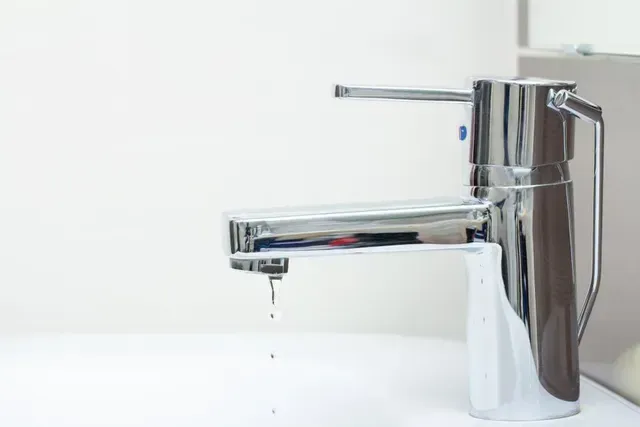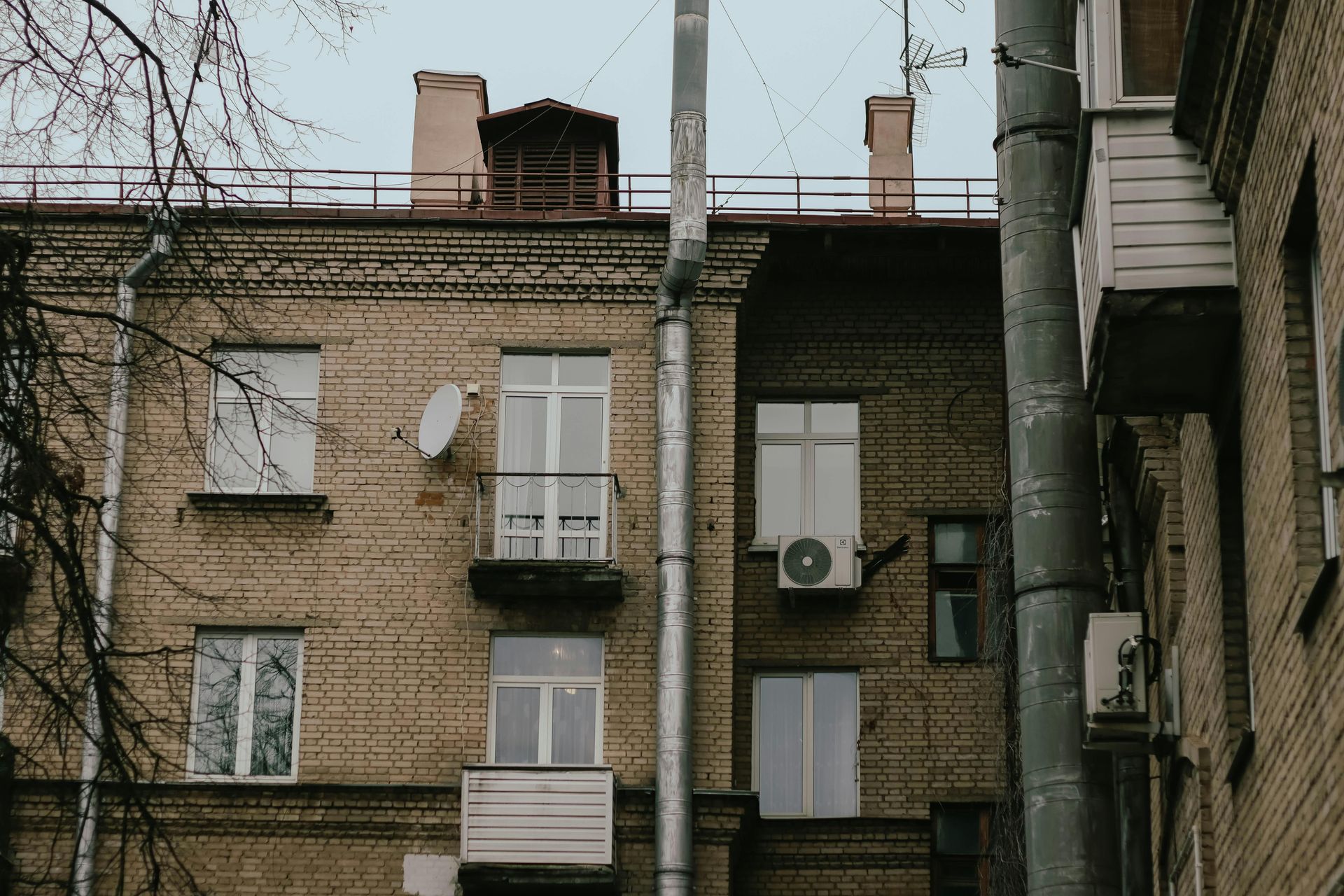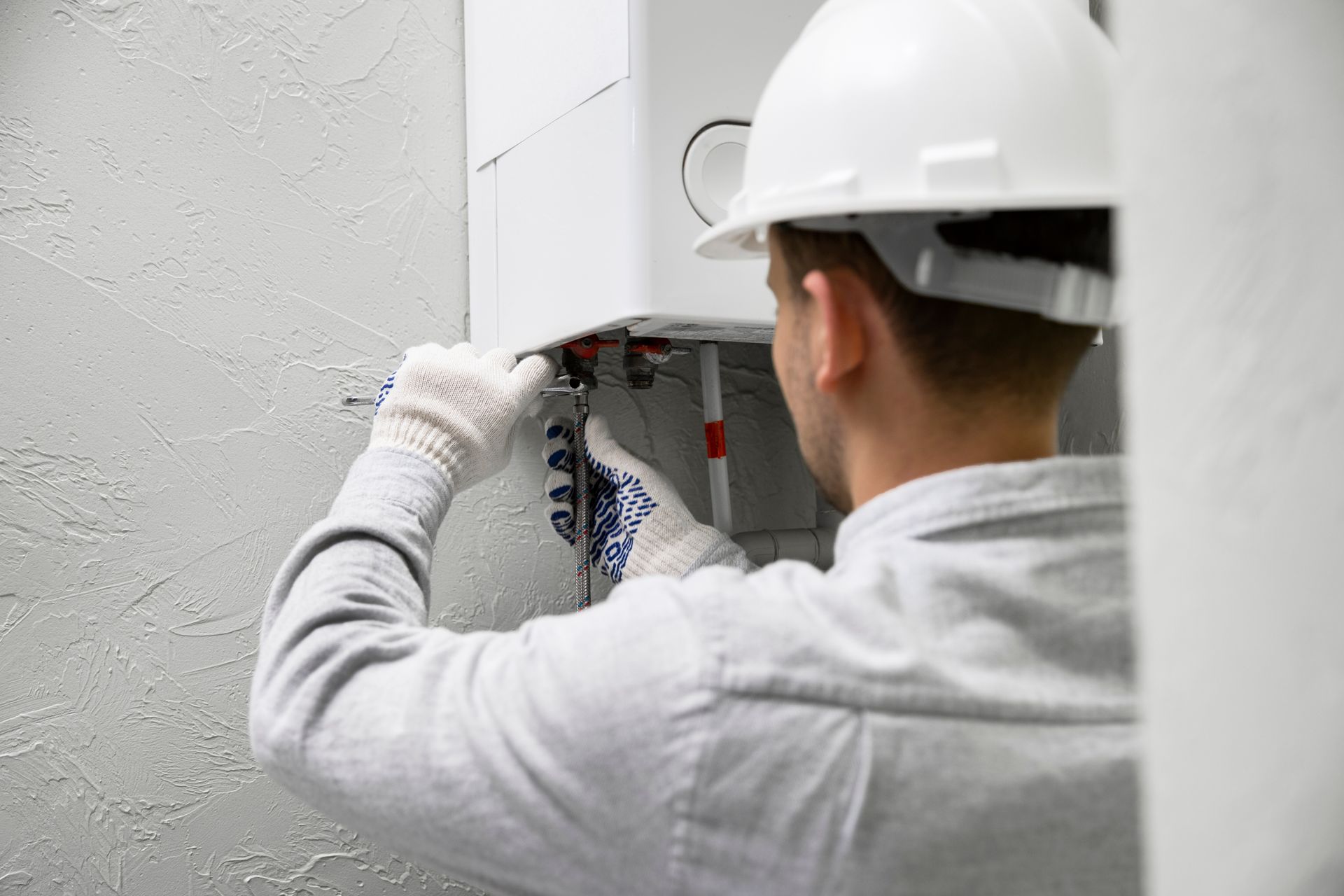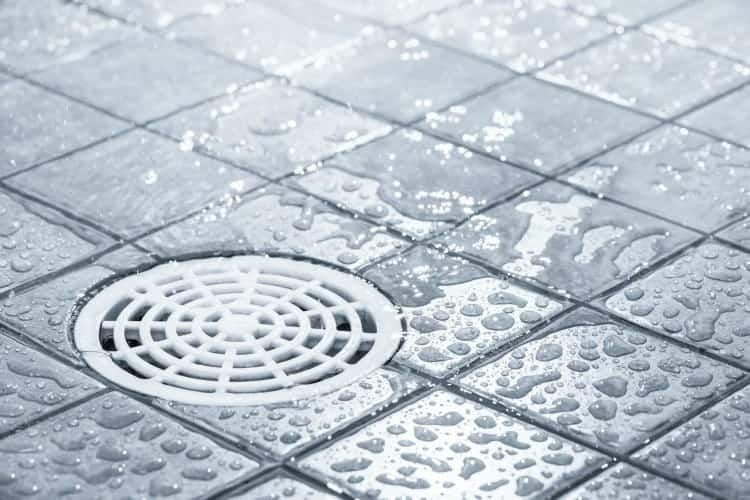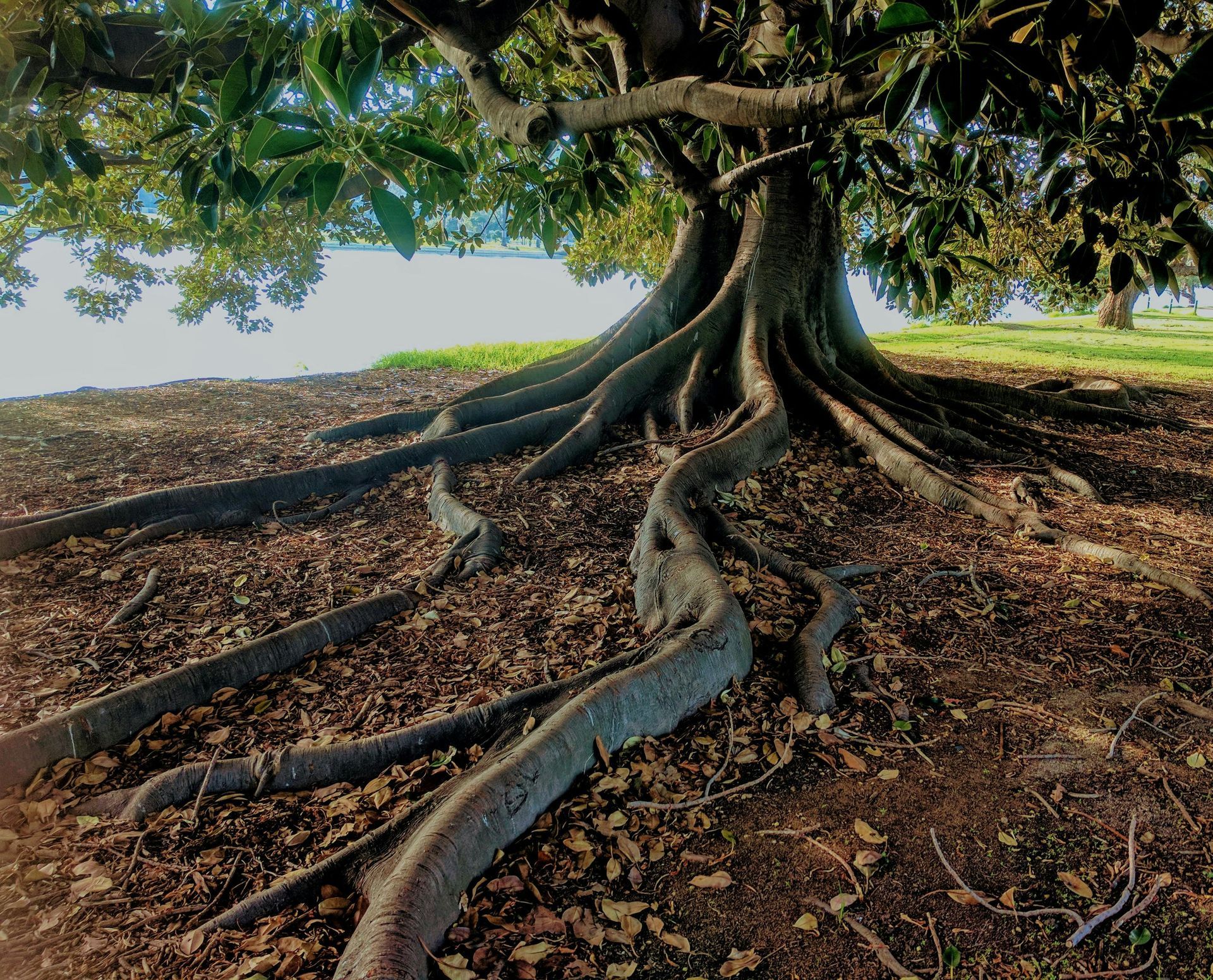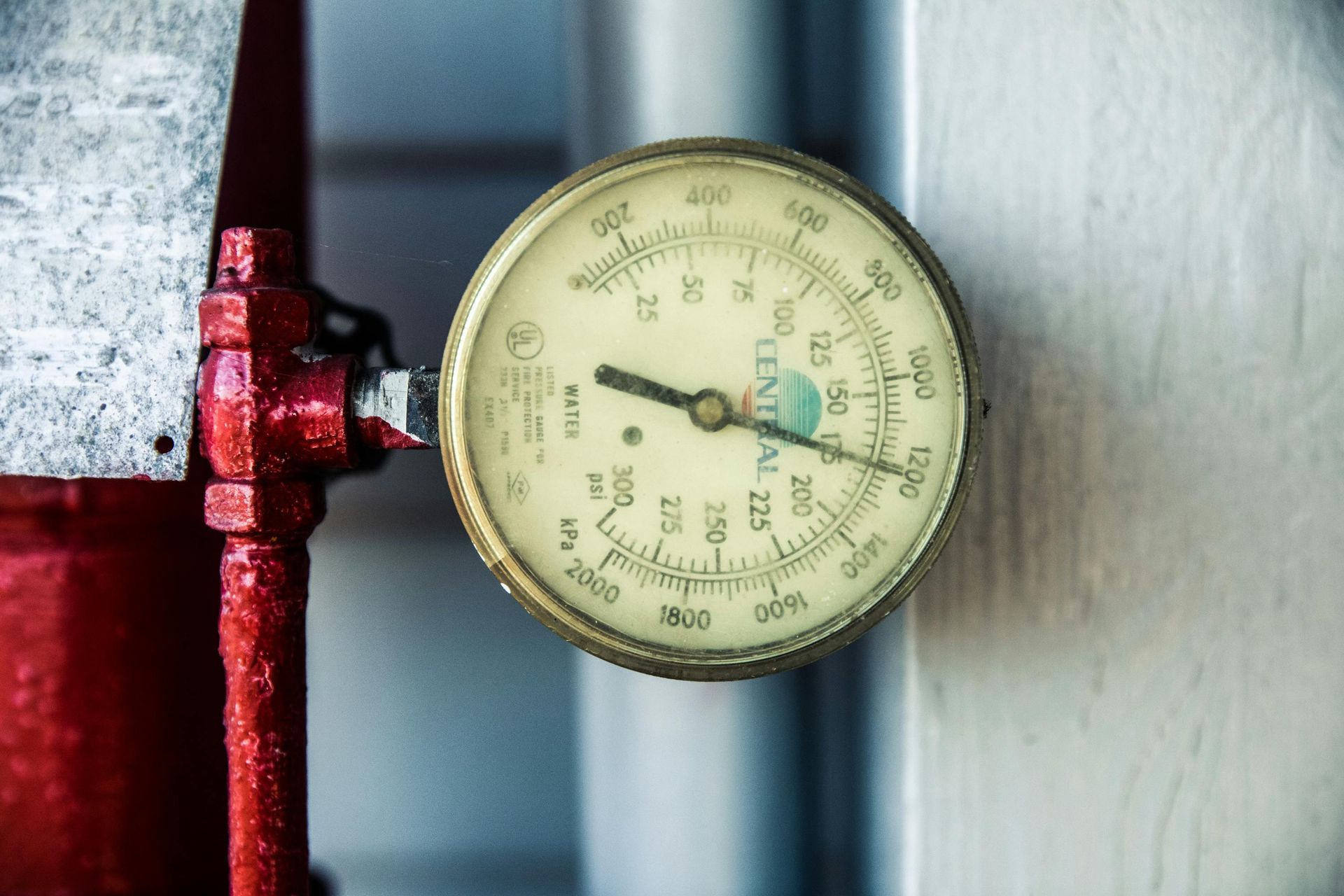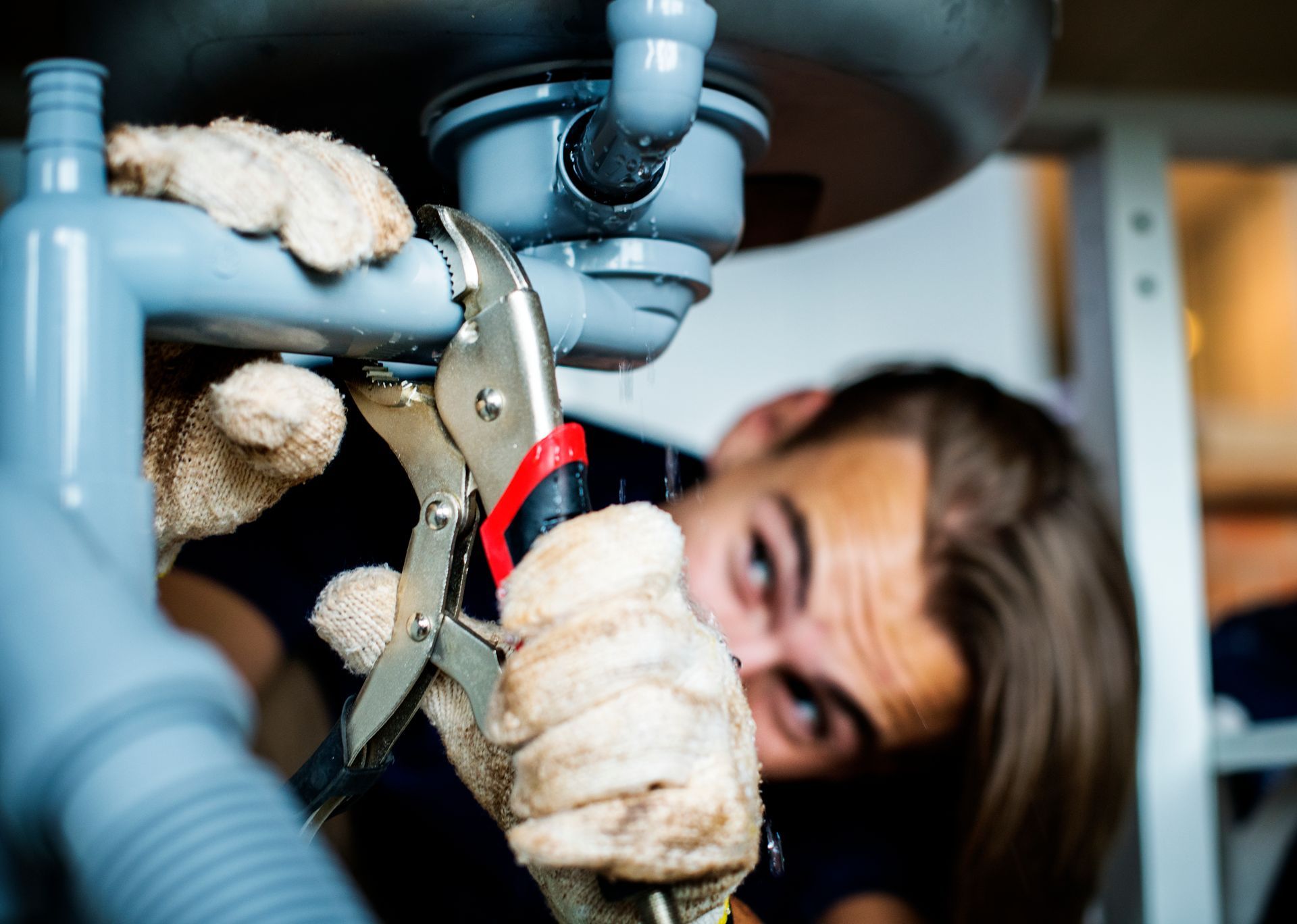Common Waterline Problems and How Pros Fix Them?
Waterlines are essential components of a home’s plumbing system, delivering clean water from the municipal supply or well into your residence. However, over time they can develop a variety of issues that disrupt water flow, reduce water quality, or even cause costly structural damage. Understanding common waterline problems and knowing how professional plumbers address them is crucial for maintaining a reliable water supply and ensuring your home’s plumbing integrity. Licensed experts like All City Plumbers leverage advanced techniques and essential plumbing tools to perform waterline repair and replacement with precision and efficiency. This detailed article explains typical waterline problems, their causes, symptoms, and professional repair solutions.
Common Waterline Problems: Causes and Symptoms
Waterline problems can manifest in several ways, from subtle performance issues to emergency leaks. Here are some of the most frequent waterline concerns homeowners encounter:
Leaky Pipes and Waterline Breaks: One of the most problematic issues is pipe leaks or breaks. Pipes may corrode or crack due to age, tree root intrusion, shifting soil, freezing temperatures, or poor installation. Leaks often start as small drips that worsen over time, causing water stains, damp soil, or sudden drops in water pressure. In severe cases, a burst pipe can flood the property.
Low Water Pressure: A noticeable reduction in water pressure at faucets or showers often indicates a waterline restriction or leak. Causes include mineral buildup inside pipes (common with hard water), sediment blockages, or compromised pipe integrity. Low pressure can also stem from partially closed valves or municipal supply issues but persistent localized low pressure typically signals a plumbing problem.
Discolored or Contaminated Water: Rusty, cloudy, or foul-smelling water often points to corrosion inside old metal pipes or contamination entering the waterline through leaks or faulty connections. Hard water can further exacerbate clogging and damage fixtures with mineral deposits.
Clogged Waterline: While clogs are more commonly associated with drains, sediment accumulation or mineral scaling inside water pipes can restrict flow, mimicking a clog. This results in diminished water supply and pressure.
Noisy Pipes: Sometimes waterlines produce banging, rattling, or whistling sounds when water flows. These noises may indicate loose pipes, trapped air, or worn water pressure regulators.
How Professionals Diagnose Waterline Issues
Expert plumbers like All City Plumbers begin with a comprehensive inspection using various diagnostic tools. This often includes pressure testing, leak detection devices, video pipe inspection cameras, and thermal imaging to pinpoint exact problems without invasive digging. These methods help determine whether a pipe requires repair, replacement, or cleaning.
Understanding the precise issue is critical before undertaking waterline repair and replacement to avoid unnecessary costs and targeting only affected sections.
Effective Solutions for Waterline Repair and Replacement
Repairing Minor Leaks and Cracks: For small leaks or cracks, professionals often use pipe clamps, epoxy putty, or pipe sleeves for a temporary or permanent fix. In some cases, resin-based liners are applied inside the pipes to seal leaks without excavation. Such methods are cost-effective for localized problems and minimize disruption.
Replacing Damaged Waterline Sections: Severely corroded or broken pipes usually necessitate partial or full waterline replacement. Licensed plumbers select durable materials like PEX, PVC, or copper depending on water quality, pressure requirements, and local codes. Using trenchless technology, professionals can often replace pipes underground without extensive digging, reducing repair time and landscape damage.
Flushing and Descaling Pipes: To combat mineral buildup and hard water scaling, plumbers use chemical flushing and descaling treatments. These restore pipe diameter and improve water flow without replacing pipe sections unnecessarily.
Valve and Fixture Repairs: Sometimes waterline problems are due to faulty valves, backflow preventers, or pressure regulators. Quick replacement or adjustment of these components can restore proper pressure and prevent leaks.
Water Filtration Installation: If water contamination is an issue, professionals may recommend installing filtration or softening systems to protect pipes and improve water safety.
The Role of Essential Plumbing Tools in Waterline Solutions
The precision and efficiency of waterline repairs depend heavily on using the right tools. Professionals utilize essential plumbing tools such as pipe inspection cameras to locate hidden leaks, pipe cutters and press fitting tools for clean connections, and trenchless pipe bursting or relining equipment for minimally invasive replacements. Employing these modern tools, licensed plumbers stand out from the rest by offering durable, code-compliant solutions tailored to each property's needs.
Why Choose Licensed Professionals Like All City Plumbers?
Waterline repair and replacement are complex tasks demanding expertise, experience, and specialized equipment. DIY fixes or unlicensed contractors risk incomplete repairs, code violations, or further damage. Licensed plumbers undergo rigorous training to assess plumbing systems comprehensively and execute repairs safely, efficiently, and up to standards.
Companies such as All City Plumbers provide reliable diagnostics, transparent estimates, and skilled craftsmanship to ensure waterline problems are resolved effectively. Their knowledge also includes understanding related infrastructure and regulatory compliance, which protects both indoor plumbing and municipal water resources.
Preventing Waterline Problems: Maintenance Tips
Regular maintenance helps prevent many waterline issues. Homeowners should monitor water pressure, inspect visible pipes annually for leaks or corrosion, and avoid flushing harsh chemicals down drains. Installing water softeners in areas with hard water reduces mineral buildup. Scheduling professional inspections every few years can catch potential problems early, saving considerable expense and inconvenience later.
Conclusion
Common waterline problems, such as leaks, low pressure, contamination, and pipe damage, require timely and expert intervention to maintain your home's plumbing health. Professional plumbers like All City Plumbers employ essential plumbing tools and advanced techniques for accurate diagnosis, efficient waterline repair and replacement, and lasting solutions. Choosing licensed professionals ensures safety, durability, and peace of mind, preserving your home’s water supply and infrastructure for years to come.


